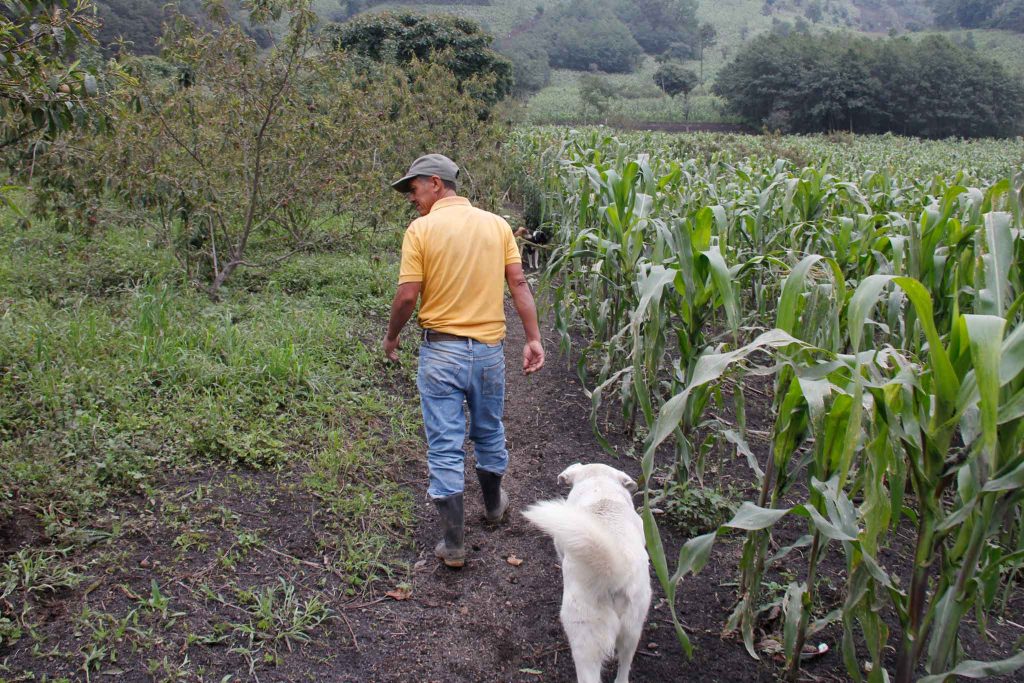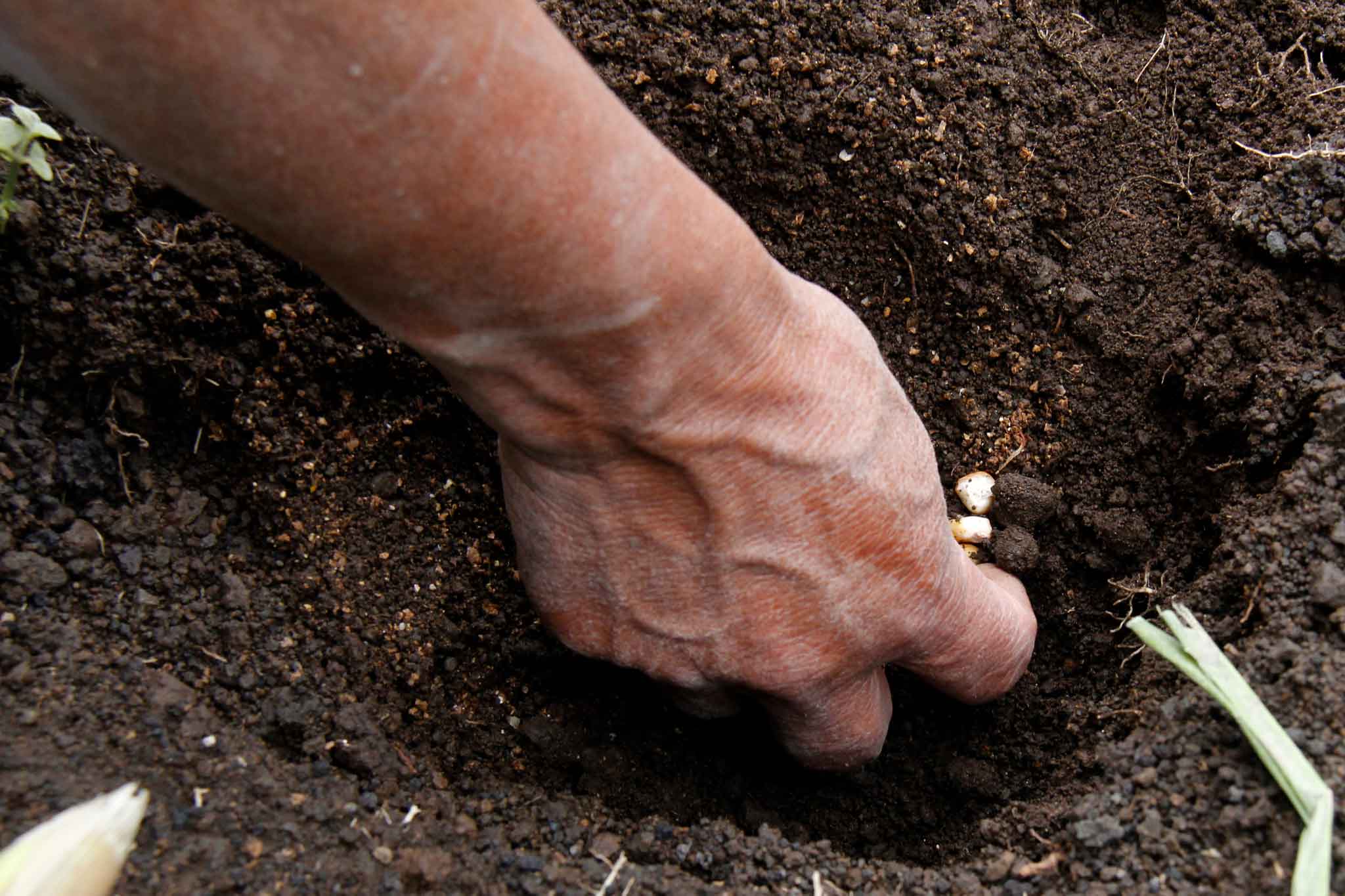Soil diversity, a tool to improve agricultural productivity
The International Union for Nature Conservancy (IUCN) reported that the increase in soil biodiversity, has shown as a helpful tool to fight against climate change, as well as generating benefits in food and water security.
According to the report “Common soil, restoring soil health for a sustainable agriculture“, published in early September, with an annual increase of 0.4% of carbon content in agricultural soils for the next 30 years, the productivity of corn, wheat and rice could increase, between 23.4% to 41.9%.
“The numbers on the report debunks the myth that conservation of nature and global production of food don´t belong together,” said Bruno Oberle, General Director of IUCN. “You can think that agriculture is a threat for conservation of biodiversity of the planet. But if is done through daily practices that allow to have nutrient rich souls, that will be beneficial for our nature and societies,” he added.
Millionaire climate benefits

The economic benefits could be huge, according to the IUCN. Jorge Rodriguez/Viatori
The organic carbon growth in agricultural soils of the planet, could improve its capacity of saving water up to 37 billion cubic meters. This could reduce, up to 4% , the usage of irrigation systems of the planet. The economic benefits of this actions are estimated in $44billion every year. In addition, growth in productivity of corn, wheat and rice, could represent economic benefits for up to $132 billion every year.
Soils rich in carbon also can be used as a strategy against climate change. With the same increase of 0.4% of carbon in soils, they can capture up to 1 billion tons, equal to 10% of emissions that humanity produced in 2017.
The report suggests that governments of the world should motivate their agricultural productions with economic help, and to migrate to soil-friendly organic practices. Also, suggest multidisciplinary work between agricultural productions and conservationist, to create practices that will benefit production and biodiversity.
